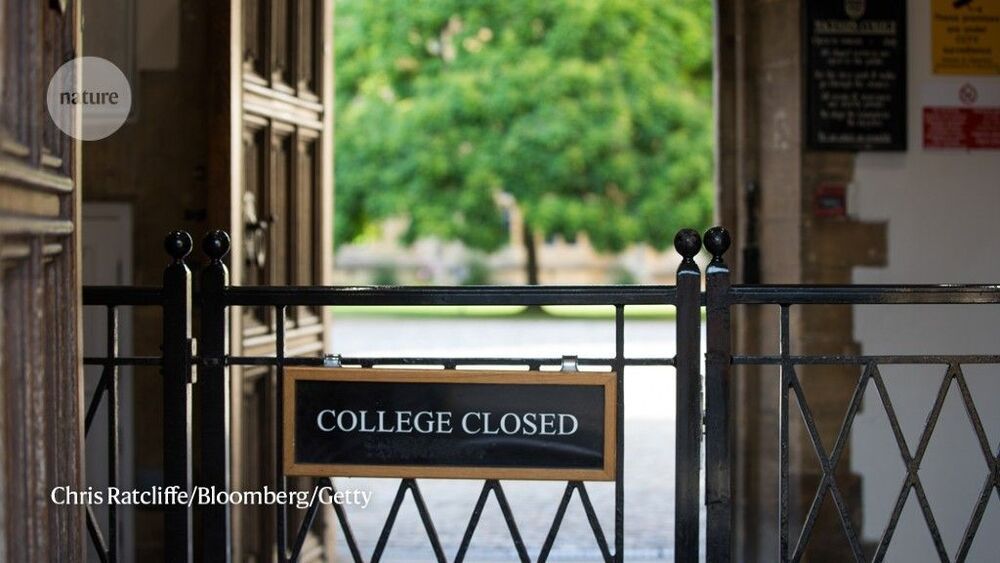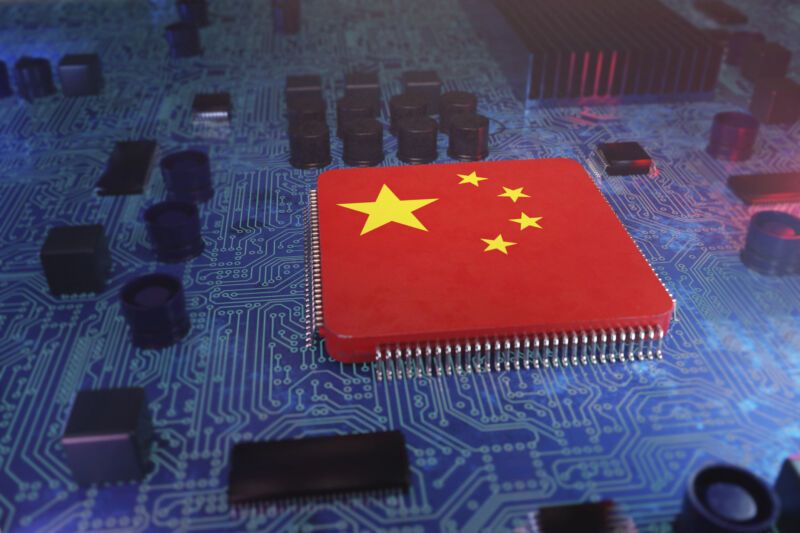A vulnerability in VMWare has prompted a warning that companies—and government agencies—need to patch as soon as possible.



FireEye, normally the first company that cyberattack victims will call, has now admitted it too has fallen victim to hackers, which the company called a “sophisticated threat actor” that was likely backed by a nation-state.
In a blog post confirming the breach, the company’s chief executive Kevin Mandia said the nation-backed hackers have “top-tier offensive capabilities,” but did not attribute blame or say which government was behind the attack.
Mandia, who founded Mandiant, the incident response firm acquired by FireEye in 2014, said the hackers used a “novel combination of techniques not witnessed by us or our partners in the past” to steal hacking tools used typically by red teams, which are tasked with launching authorized but offensive hacking campaigns against customers in order to find weaknesses or vulnerabilities before malicious hackers do.

Mexico’s Senate approved a bill to legalize marijuana nationally on Thursday.
Before it can become law it must also be passed by the other body of the country’s Congress, the Chamber of Deputies.
The legislation, which was circulated in draft form earlier this month, would establish a regulated cannabis market in Mexico, allowing adults 18 and older to purchase and possess up to 28 grams of marijuana and cultivate up to six plants for personal use.

A congressional investigation into the 2016 U.S. presidential election has unearthed evidence that major banks processed $2 trillion in transactions despite suspecting they were connected to illegal activity.
So-called suspicious activity reports, filed by banks with government regulators, indicate the banks were concerned the transactions would help suspected terrorists, drug dealers, corrupt foreign officials and other bad actors move trillions of dollars around the world, as well as perpetuate investment frauds. The private reports, which covered 1999 through 2017, were obtained by BuzzFeed News and shared with the nonprofit International Consortium of Investigative Journalists.
The two organizations published their investigations into the documents over the weekend, but did not publish the complete reports. Both also declined to make public most of the information contained in the reports, including the customers who the banks suspected of illegal activity.
This Week in Engineering is multi-segment show that explores the latest innovations and tech trends across many engineering disciplines from academic institutions, government agencies and industry.
EPISODE SEGMENTS:
0:14 GM Unveils Massive Investment in EV’s.
2:30 UK’s Kar-go Autonomous Delivery Vehicle.
* * *
ENGINEERING.COM TV:
This episode is brought to you by engineering.com, a globally trusted source for engineering content. Watch in-depth engineering videos made for the engineering professional and found exclusively on engineering.com/TV:
For the Manufacturing Engineer: https://bit.ly/3nTLysU
For the Design Engineer: https://bit.ly/398SNJf.
* * *
SUBSCRIBE TO OUR NEWSLETTERS:
Join the engineering.com community and subscribe to a selection of newsletters in the field of engineering of you’re interested in. Get the latest news, developments, research reports, white papers, videos and industry webinars:
https://bit.ly/2Hvcyz8
* * *
Read more about the topics discussed in this video on engineering.com:
Kar-go Autonomous Vehicle Begins Contactless Delivery to Care Homes:


Earlier in the year, many funders agreed to extend deadlines for research projects halted or delayed by the pandemic — but fewer offered extra funding to cover this period. Worryingly, most of the funders we approached still have no concrete plans to provide such additional financial support to postdocs. Many postdocs are not eligible for the government salary subsidies, or furlough schemes, that have been made available to many workers during the pandemic. Expanding access to such schemes is arguably the one intervention that could do the most to ease pressures at this time.
Most funders have no plans to provide postdoctoral researchers with additional pandemic funding. Society will pay a high price if this neglect continues.

The Tasmania government has declared that it has become the first Australian state, and one of just a handful of jurisdictions worldwide, to be powered entirely by renewable electricity.
In a statement released on Friday, Tasmanian energy minister Guy Barnett said that state had effectively become entirely self-sufficient for supplies of renewable electricity, supplied by the state’s wind and hydroelectricity projects.
“We have reached 100 per cent thanks to our commitment to realising Tasmania’s renewable energy potential through our nation-leading energy policies and making Tasmania attractive for industry investment, which in turn is creating jobs across the State, particularly in our regions,” Barnett said.

Might interest some as it mentions telomeres.
The historic NASA Twins Study investigated identical twin astronauts Scott and Mark Kelly and provided new information on the health effects of spending time in space.
Colorado State University Professor Susan Bailey was one of more than 80 scientists across 12 universities who conducted research on the textbook experiment; Mark remained on Earth while Scott orbited high above for nearly one year. The massive effort was coordinated by NASA’s Human Research Program.
Bailey has continued her NASA research and now joins more than 200 investigators from dozens of academic, government, aerospace and industry groups to publish a package of 30 scientific papers in five Cell Press journals on Nov. 25.

The group uses tools outside of the country for this attack campaign, as well as custom malware, including custom malware – including backdoor. Hartip – that Symantec has never used. Compromised computers at the time of the attack included domain controllers and file servers, and there is evidence that files are being filtered by some compromised computers. Attackers frequently used DLL side loading in this campaign and took advantage of the patched Zerologon vulnerability in August 2020.
Symantec first addressed this campaign when suspicious DLL-side loading activity on one the customers networks triggered a warning from Cloud Analytics technology available in Symantec Endpoint Security Complete (SESC).
The campaign is spread across the world, with a large number of regions detected as the victims of the attack. The common link between all the organisations that were attacked were their links to japan or japan based organisations. In the map you can clearly see that there was a reportedly Chinese-government-linked group attacking companies within China’s borders but, like many of the companies targeted in this campaign, the target in that instance is a subsidiary of a Japanese organization.